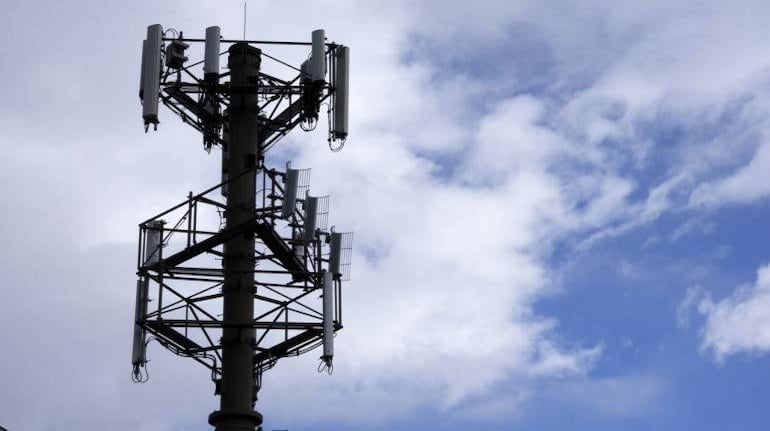
A day after the Telecommunications Bill 2023 was passed in the Lok Sabha, the bill, set to supersede India's archaic laws governing the telecom sector, received approval in the Rajya Sabha on December 21.
The bill will become a law once it secures the President's assent.
Minister of Communication Ashwini Vaishnaw introduced the bill in the upper house of the Parliament.
A quick read-through of the draft shows that the bill, when it gets enacted into law, will bring sweeping regulatory changes, such as an authorisation regime, clarity on the assignment of satellite spectrum, and so on.
For instance, in ITB 2023, the government has paved the way for the allocation of satellite spectrum, as opposed to the auction.
The new version of the bill also does away with explicit references to regulating over-the-top (OTT) applications or internet-based communication applications, such as Gmail, WhatsApp, Signal or so on.
However, the broad definitions of keywords such as 'telecommunication', 'messaging' etc have evoked concerns from various quarters, that the government could still choose to regulate OTTs and internet-based communication applications in the new telecom bill.
On December 21, Moneycontrol exclusively reported global tech giant Meta is concerned that over-the-top (OTT) applications, for instance, messaging apps such as WhatsApp or Signal, can come under the regulatory ambit of a proposed law.
In an internal email to colleagues after The Telecommunications Bill, 2023 was tabled in the Parliament earlier this week, Meta’s policy head in India said that the government could choose to apply the proposed legislation to OTT services, which would include its own internet apps like Facebook, WhatsApp and Instagram, at a ‘future date’.
Discover the latest Business News, Sensex, and Nifty updates. Obtain Personal Finance insights, tax queries, and expert opinions on Moneycontrol or download the Moneycontrol App to stay updated!